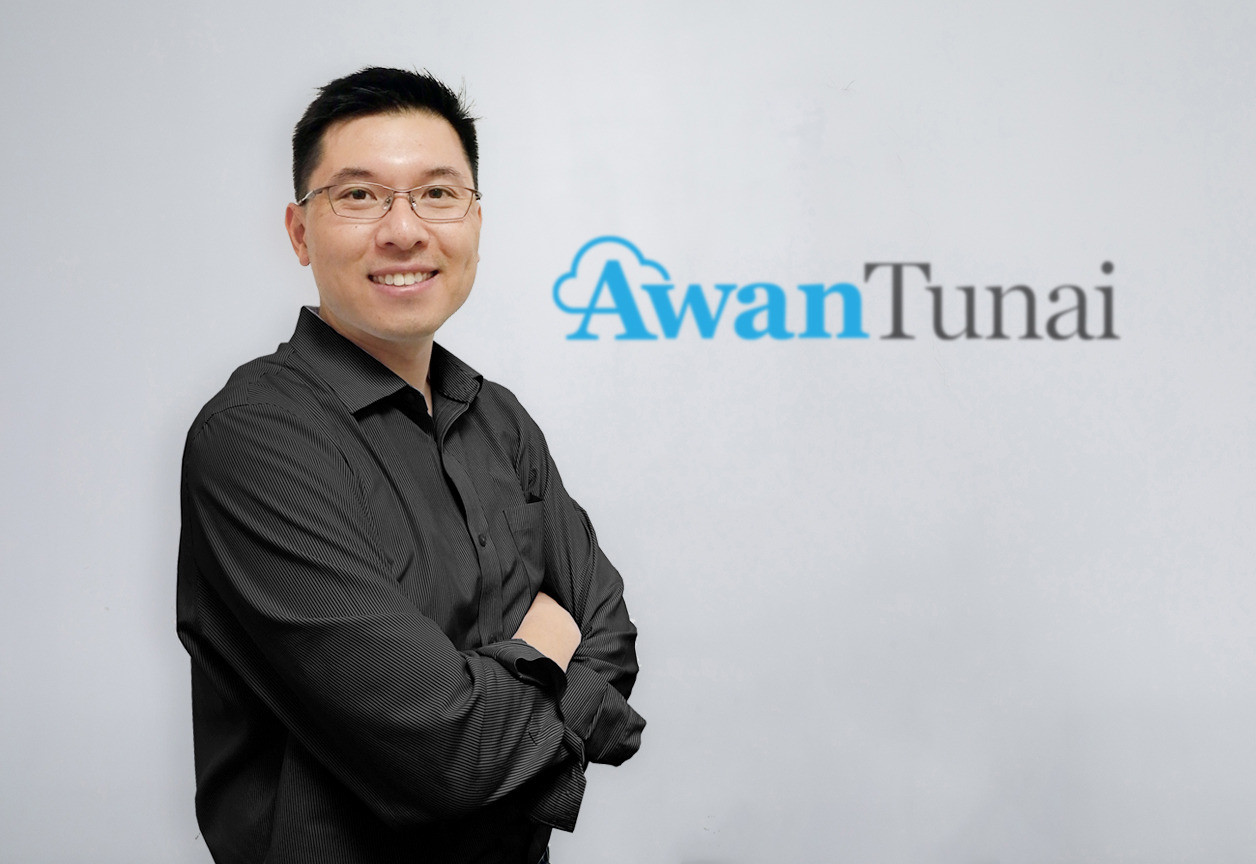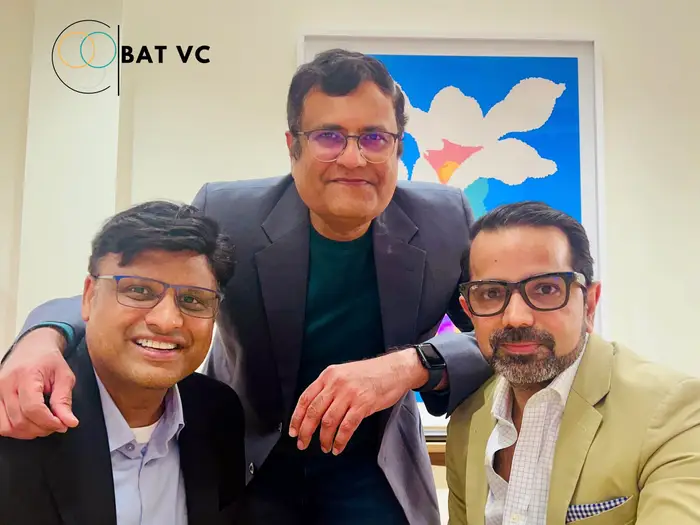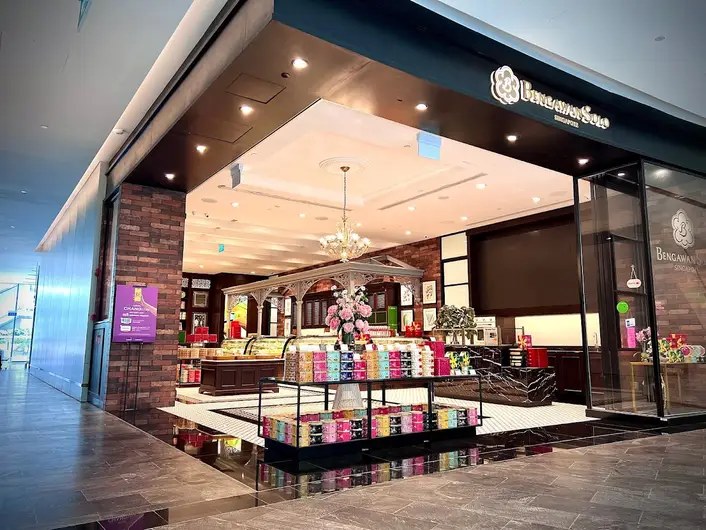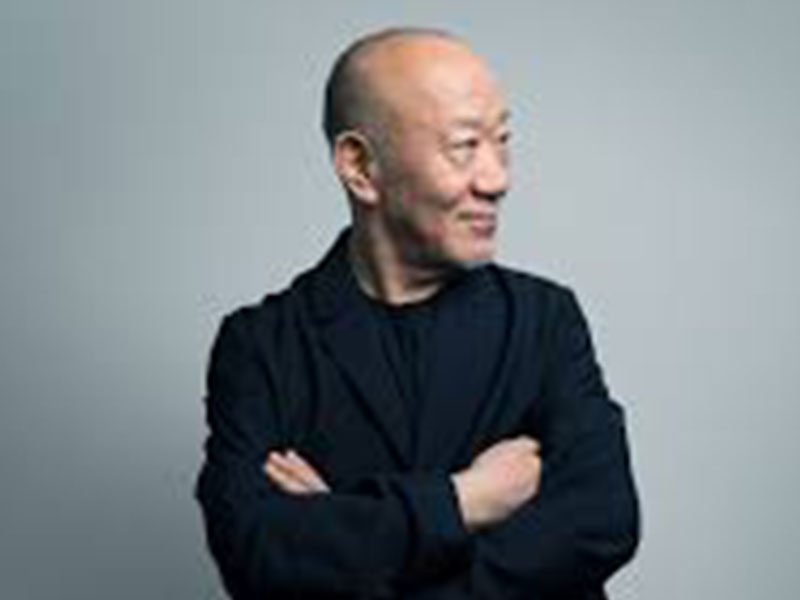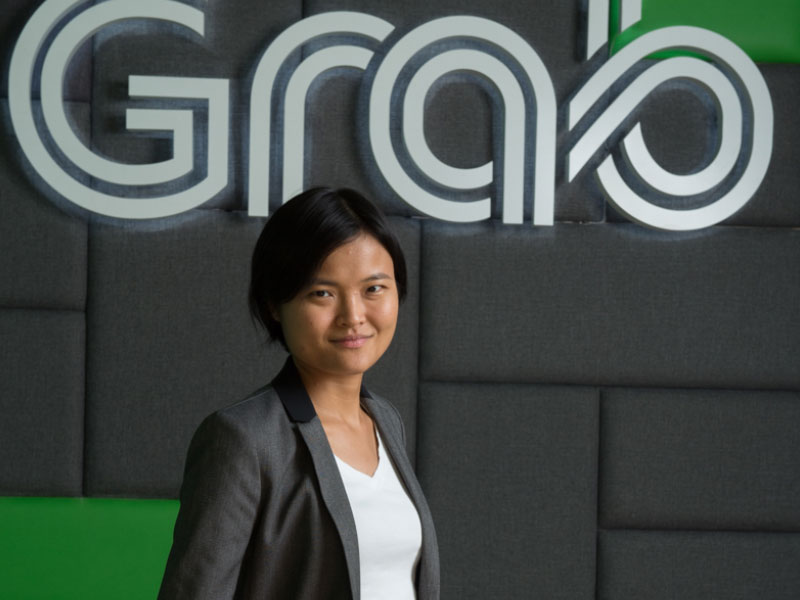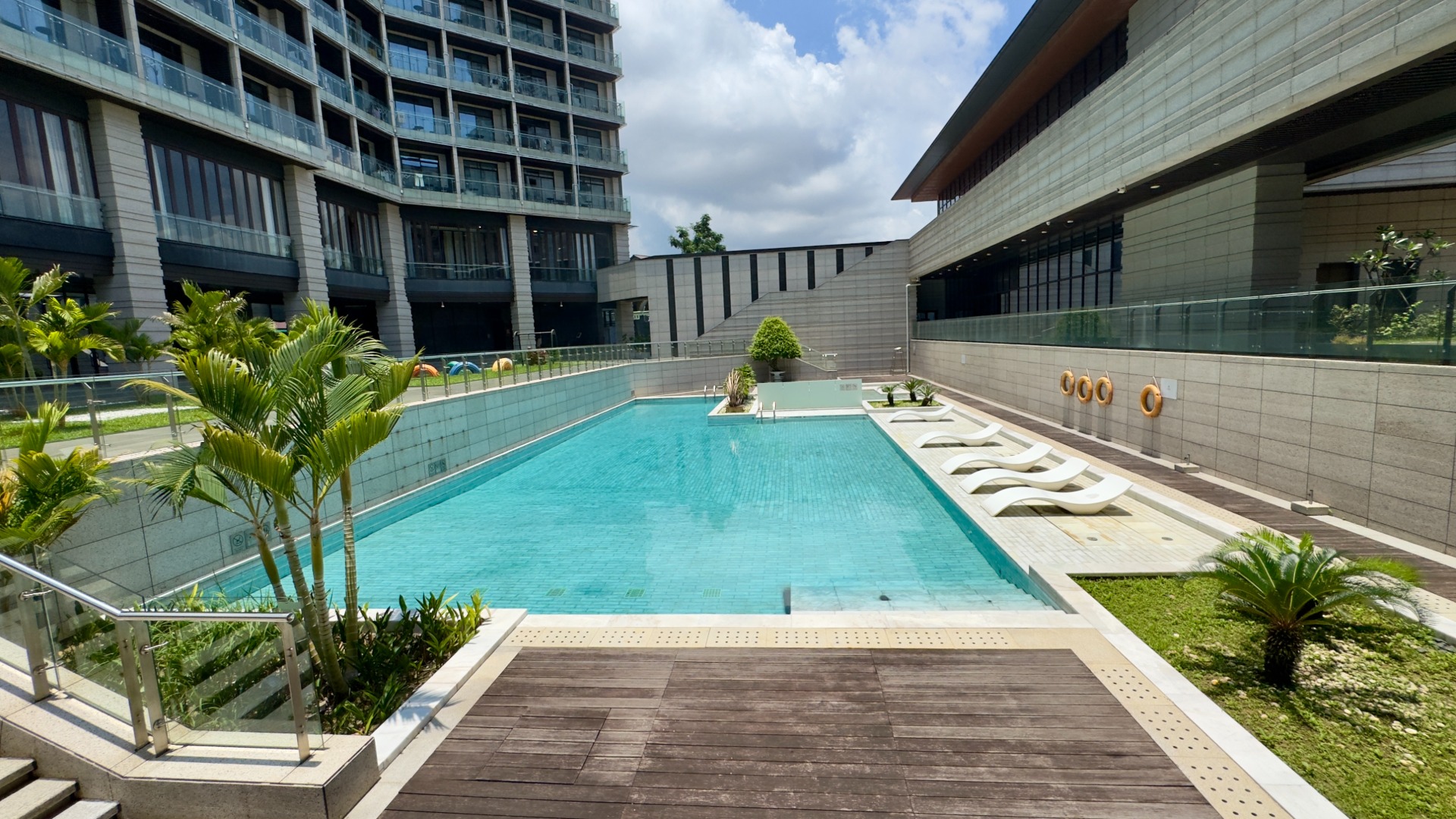Keeping tradition alive in a changing market
In a city obsessed with the new, few brands in Singapore have managed to hold on to tradition as gracefully as Bengawan Solo. Founded in 1979 by Anastasia Tjendri-Liew, this household name continues to thrive as one of the most iconic traditional food brands in Singapore, known for its kueh lapis, pandan cakes, pineapple tarts, and handmade delicacies rooted in Indonesian and Peranakan heritage.
At a time when global franchises and digital bakeries crowd the scene, Bengawan Solo’s continued success is not accidental — it is built on a deliberate strategy of balancing authenticity with adaptability. Whether in a suburban mall or Singapore Changi Airport, its shops exude consistency, nostalgia, and quality.
And yet, the company has quietly modernized — refining its production systems, upgrading packaging, and embracing digital gifting — without losing its soul.
Business strategy rooted in consistency and selective innovation
Bengawan Solo’s business philosophy remains grounded in heritage — all items are still produced daily at a central kitchen and delivered islandwide to maintain quality control. The brand has resisted outsourcing or franchising, preferring to retain full control over production, presentation, and customer experience.
Yet, the company is not frozen in time. Its innovations are subtle but strategic:
Seasonal gift boxes for Lunar New Year, Deepavali, and Hari Raya have become highly sought-after.
Elegant packaging upgrades have made it a go-to for premium gifts, especially among corporate clients and international travellers.
Airport presence at Changi has expanded its reach to global visitors seeking authentic souvenirs.
Bengawan Solo has also adapted to modern consumption patterns. During the pandemic, it offered pre-orders, delivery partnerships, and digital vouchers — bringing traditional treats to doorsteps while maintaining its artisanal approach.
Traditional food brands and their role in modern Singapore
Bengawan Solo’s sustained popularity reflects something deeper about Singapore’s relationship with food: tradition is not a liability — it’s a competitive edge. In a fast-paced, hyper-modern environment, brands that evoke memory, cultural pride, and family tradition continue to thrive.
The brand’s success also underscores a shift in how Singaporeans define value. While artisanal bakeries and trendy cafés offer novelty, Bengawan Solo offers something timeless — reliability, heritage, and emotional resonance. It’s no longer just about price or novelty; it’s about trust and connection.
As younger generations become more interested in rediscovering their roots — through food, language, or rituals — Bengawan Solo has found a new generation of loyal customers who see its products not as outdated, but as meaningful.
From heritage to relevance: A brand built to last
In Singapore’s highly competitive food landscape, Bengawan Solo remains a rare case of a traditional food brand that continues to grow without losing its character. Its ability to deliver consistent quality while making small, smart adjustments is a model that many legacy brands could learn from.
The business of tradition isn’t about resisting change — it’s about knowing what to protect and where to evolve. For Singapore’s next wave of F&B entrepreneurs, Bengawan Solo’s journey is proof that with clarity, control, and cultural grounding, tradition can still be the future.

